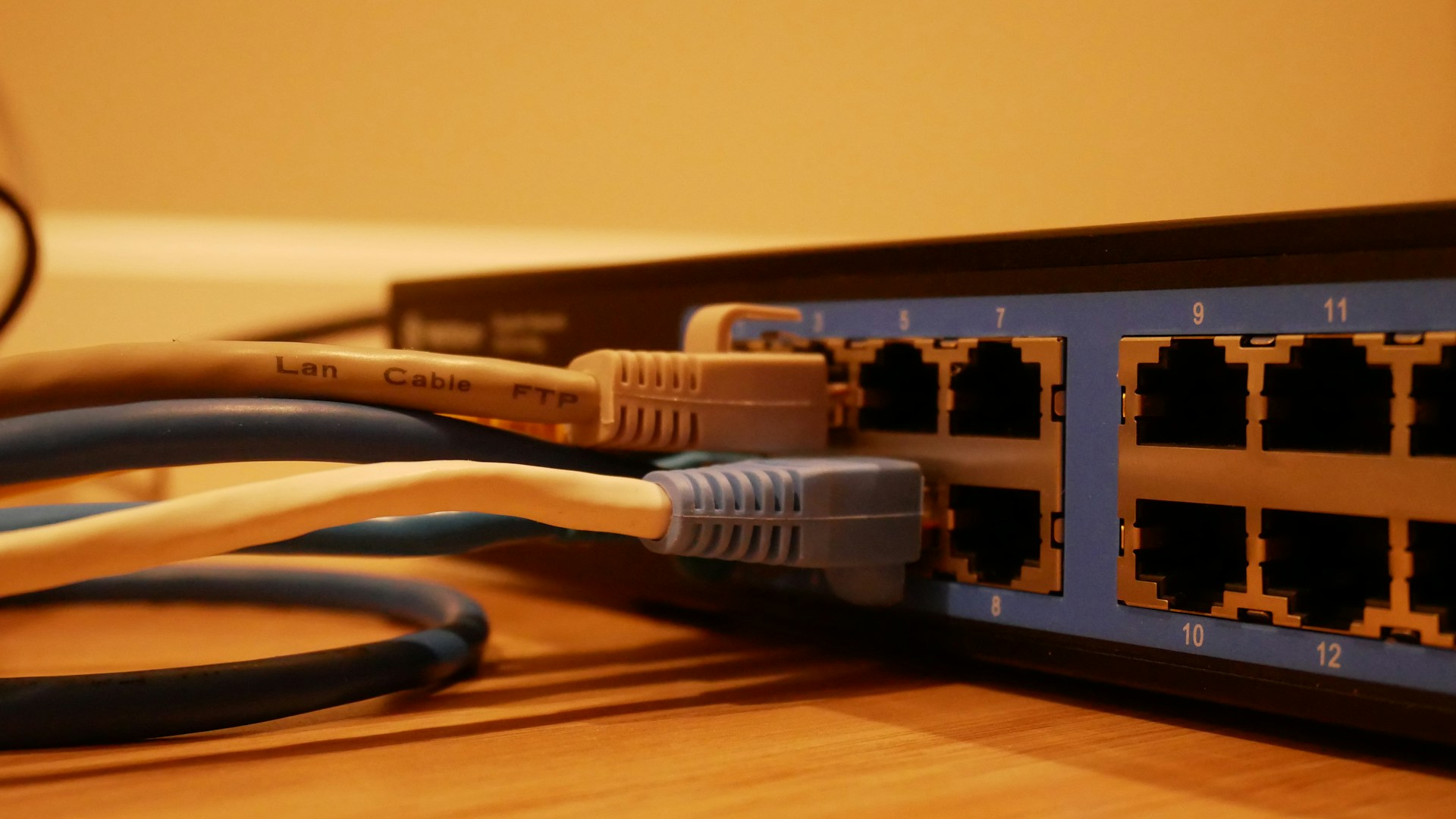Dedicated Server
Understanding Dedicated Servers
A dedicated server, in the realm of web hosting, represents a powerful, exclusive resource providing unmatched performance and control. Unlike shared hosting, where multiple websites share the same server, a dedicated server is reserved for one client. This isolation ensures peak performance and security.
What is a Dedicated Server?

A dedicated server is a standalone physical machine allocated to a single business client. It supports high traffic websites, complex applications, and heavy-duty databases. The entire server’s resources—CPU, RAM, storage—are at the client’s disposal without competition.
Key Features of Dedicated Servers
- Performance: With dedicated resources, performance is consistent and robust.
- Customization: Clients have full control to configure the server to their needs.
- Security: Improved, since the server is not shared with others.
- Scalability: Easily upgrade hardware to match growing needs.
- Reliability: High uptime and better handling of high traffic volumes.
Types of Dedicated Servers
Dedicated servers are categorized based on various parameters:
- Managed vs. Unmanaged: Managed servers come with IT support, whereas unmanaged ones are fully client-controlled.
- Operating System: Options include Linux-based or Windows-based environments.
- Hardware Specs: Variables like CPU speed, memory size, and storage capacity define performance tiers.
Benefits of Using Dedicated Servers
Dedicated servers bolster business capabilities in many ways:
- Enhanced Security: Data is isolated, lowering the risk of breaches from other users.
- Optimal Performance: No resource sharing, ensuring constant high performance.
- Complete Control: Full access to server settings for custom configurations.
- Reliability: Dedicated resources lead to more reliable service.
- Compliance: Easier to meet regulatory requirements for data handling.
Drawbacks to Consider
Despite the advantages, there are some downsides:
- Cost: Generally more expensive than shared or VPS hosting.
- Management Complexity: Requires technical expertise or hiring managed services.
- Idle Resources: Potential underutilization if full server capacity isn’t needed.
Ideal Use Cases
Dedicated servers are perfect for:
- High Traffic Websites: Serves sites with large user bases and high bandwidth needs.
- Large E-commerce Platforms: Handles extensive catalogs and large volumes of transactions.
- Agencies and Resellers: Manages multiple client sites efficiently.
- Big Data Applications: Powers complex data analysis and storage solutions.
- Gaming Servers: Provides the necessary power for a seamless, lag-free experience.
Choosing the Right Dedicated Server
When selecting a dedicated server, consider these factors:
- Performance Requirements: Assess CPU, RAM, and storage needs based on your applications.
- Budget: Balance cost against your performance and support needs.
- Bandwidth: Ensure the server’s bandwidth allotment matches your traffic expectations.
- Support: Determine if managed services are necessary for your expertise level.
- Data Center Location: Choose a server location that reduces latency for your audience.
Maintaining a Dedicated Server
Proper maintenance is crucial:
- Regular Updates: Keep the operating system, software, and applications up to date.
- Security Checks: Perform regular vulnerability assessments and security patches.
- Backups: Schedule frequent backups to avoid data loss.
- Performance Monitoring: Continuously monitor server performance metrics.
- Technical Support: Utilize hosting provider or third-party support as required.
Cost Implications
Pricing depends on several factors such as hardware specifications, bandwidth allocation, and additional features like managed services or enhanced security. Entry-level servers can start around $75-$100 per month, while high-end configurations could cost several hundred dollars monthly.
Popular Providers
Leading providers of dedicated servers include:
- Amazon Web Services (AWS): Offers a wide range of configurable dedicated server options.
- Google Cloud Platform (GCP): Provides powerful dedicated hosting solutions.
- Microsoft Azure: Known for robust managed dedicated hosting services.
- Bluehost: Popular for small to mid-sized business needs.
- HostGator: Versatile options with good support services.
Setting Up a Dedicated Server
The setup process includes:
- Selecting the Server: Choose server specs that suit your needs.
- Installing OS and Software: Load necessary operating systems and applications.
- Configuring Security: Implement firewalls, antivirus software, and secure access protocols.
- Optimizing Performance: Tweak server settings for optimal performance.
- Regular Monitoring: Set up continuous monitoring tools to track server health.
Security Best Practices
To maximize security:
- Strong Passwords: Use complex passwords and change them regularly.
- Firewalls: Set up robust firewall rules to filter traffic.
- Regular Audits: Conduct frequent security audits and vulnerability assessments.
- Encryption: Implement data encryption both in transit and at rest.
- Access Controls: Restrict access to authorized users and use multi-factor authentication.
Environmental Impact
Dedicated servers consume considerable power, contributing to environmental impact. To mitigate this, providers are adopting greener practices, such as using energy-efficient hardware and renewable energy sources. Businesses can also contribute by choosing eco-friendly hosting providers.
Future Trends in Dedicated Hosting
Trends include the integration of AI for server management, increased use of SSDs for faster storage, advancements in hardware virtualization, and a greater focus on sustainability. These trends are shaping the future landscape of dedicated server hosting.
Conclusion
The use of dedicated servers offers substantial advantages in performance, security, and control. They are suited for high-traffic websites, complex applications, and businesses requiring robust, reliable hosting solutions. By understanding the key features, benefits, and considerations, businesses can make informed decisions and optimize their dedicated server experience.



